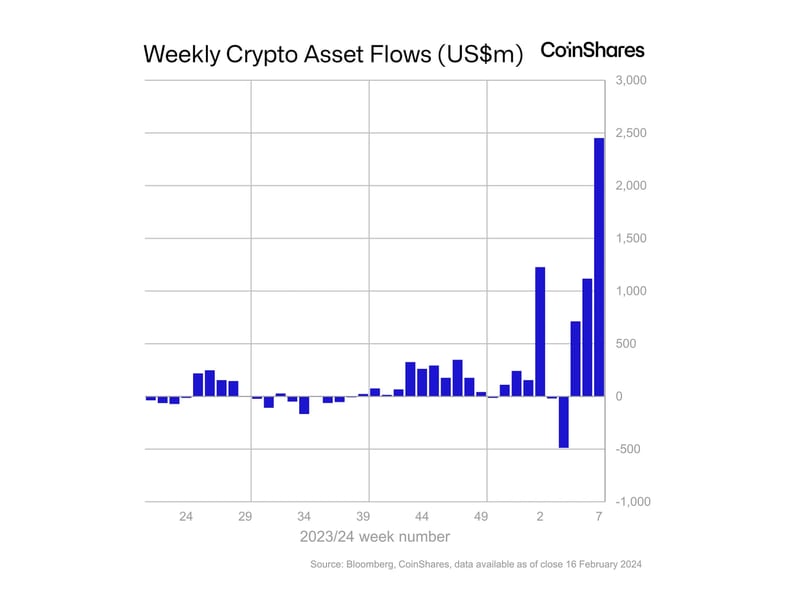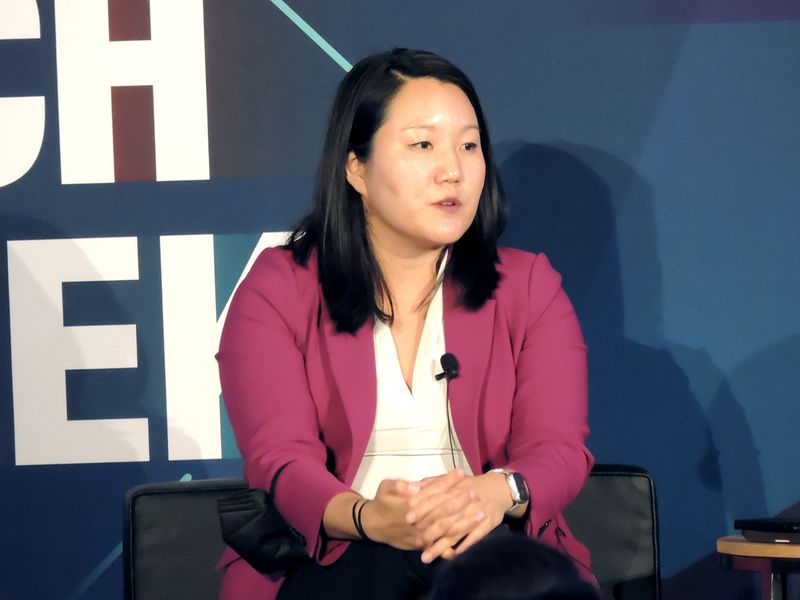In 2019, Students Demanded Blockchain Education. In 2020, It’s Coming
Galen Danziger, MouseBelt CTO
This post is part of CoinDesk’s 2019 Year in Review, a collection of 100 op-eds, interviews and takes on the state of blockchain and the world. Galen Danziger is the chief technology officer at the MouseBelt Blockchain Accelerator.
With startups and Fortune 500 companies in dire need of blockchain talent, and the average U.S. salary for a blockchain developer at $130,000, now is a good time for students to get an education in blockchain skills and a good time for universities to start offering blockchain courses. In 2019, we saw progress towards greater blockchain education, but there are still gaps that need to be filled.
Of the 70-plus+ student blockchain organizations we work with here at MouseBelt, only about a third have access to blockchain courses on campus. Several big rural institutions, like Indiana University, have groups of passionate students leading blockchain efforts, but receive little funding or attention from administrators.
The good news first. This year, The University of California system launched an initiative to support student blockchain innovation across their campuses, IBM is working with Columbia University on two blockchain accelerators, and Portland State offers an online Business Blockchain Certificate.
Meanwhile, the industry is also taking action into its own hands. Earlier this year, 13 major crypto projects came together to launch The Blockchain Education Alliance, an initiative to provide university students with the connections and knowledge needed to enter the fast-growing blockchain workforce. Additionally, a tech recruiting firm specializing in blockchain was launched to connect projects with talent.
What’s more, students are recognizing the enormous potential of the industry and demanding education for a way in. In the past year, student interest in blockchain education doubled compared to the year prior. The 70+ student-run blockchain organizations across 16 countries include some top higher education institutions including UCLA, UCSB, UC Davis, Duke, University of Chicago, USC, University of Wisconsin, and the University of Washington. These student groups aren’t just meeting to discuss blockchain. They are incubating their own projects and even consulting for local businesses.
This is just the start. As we look towards 2020, I believe we are going to see continued buy-in from university faculty and administrations. This will manifest through more accredited courses, more specialized degrees with blockchain focuses at all levels (BA, MA, MBA, PHD), more collaboration with industry among researchers and entrepreneurial organizations and more alumni funds that accept crypto donations.
I also believe we’ll begin to see education expand to underserved areas including the rural U.S, Latin American and Africa. Currently many of the available resources are concentrated in universities located in major cities. There are blockchain use-cases in industries such as mobile, agriculture, and energy that could have significant impacts in these underserved areas, so the need for education beyond big markets will only grow.
Blockchain technology is here to stay and the need for talent today and in the future has never been more clear. 2019 taught us that the next generation is enthusiastic to be part of this future, but need education to participate properly. While we’ve already begun to see signs, in 2020, higher education and industry players will need to fully buy-in, providing students more resources and education than before.
Disclosure Read More
The leader in blockchain news, CoinDesk is a media outlet that strives for the highest journalistic standards and abides by a strict set of editorial policies. CoinDesk is an independent operating subsidiary of Digital Currency Group, which invests in cryptocurrencies and blockchain startups.









